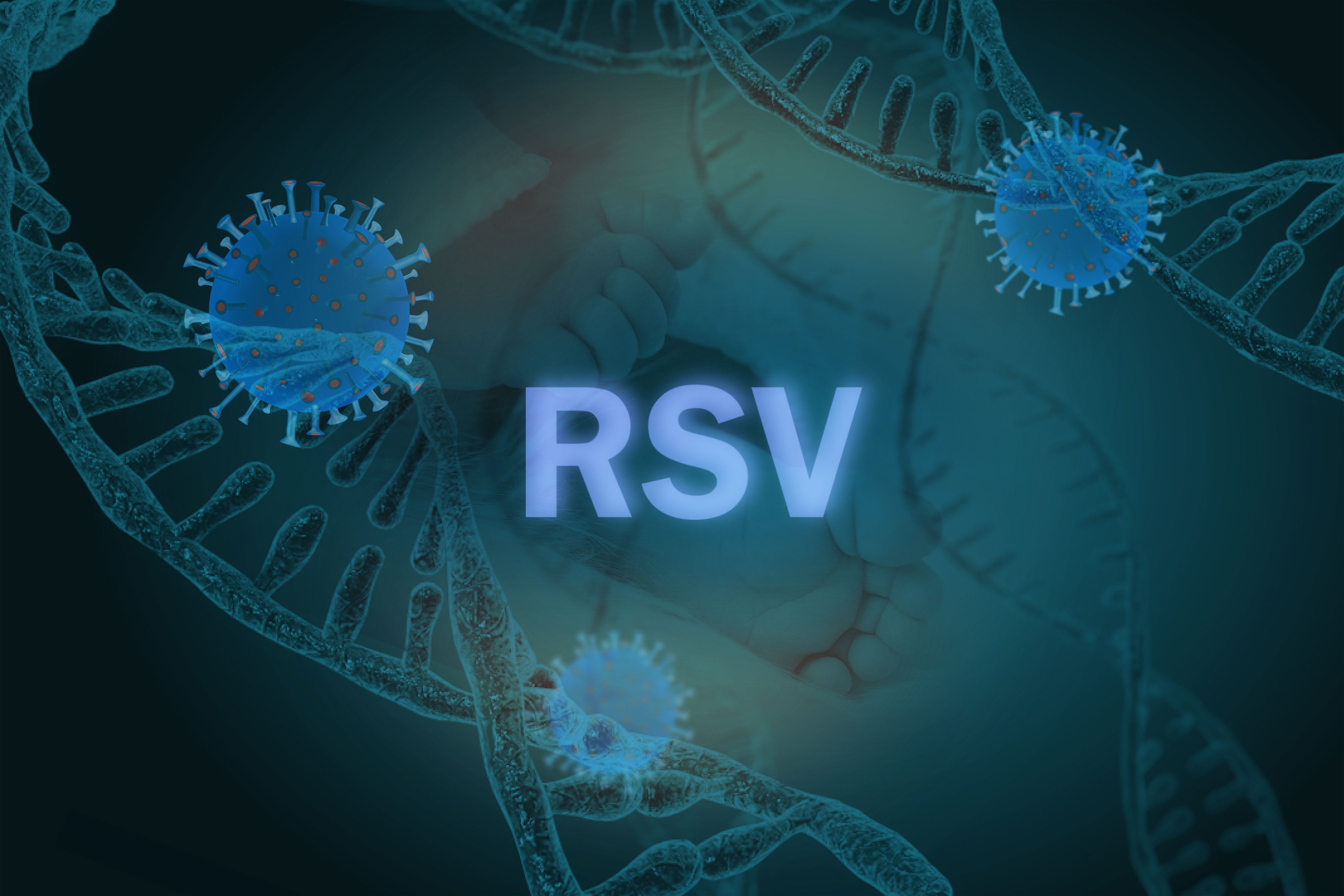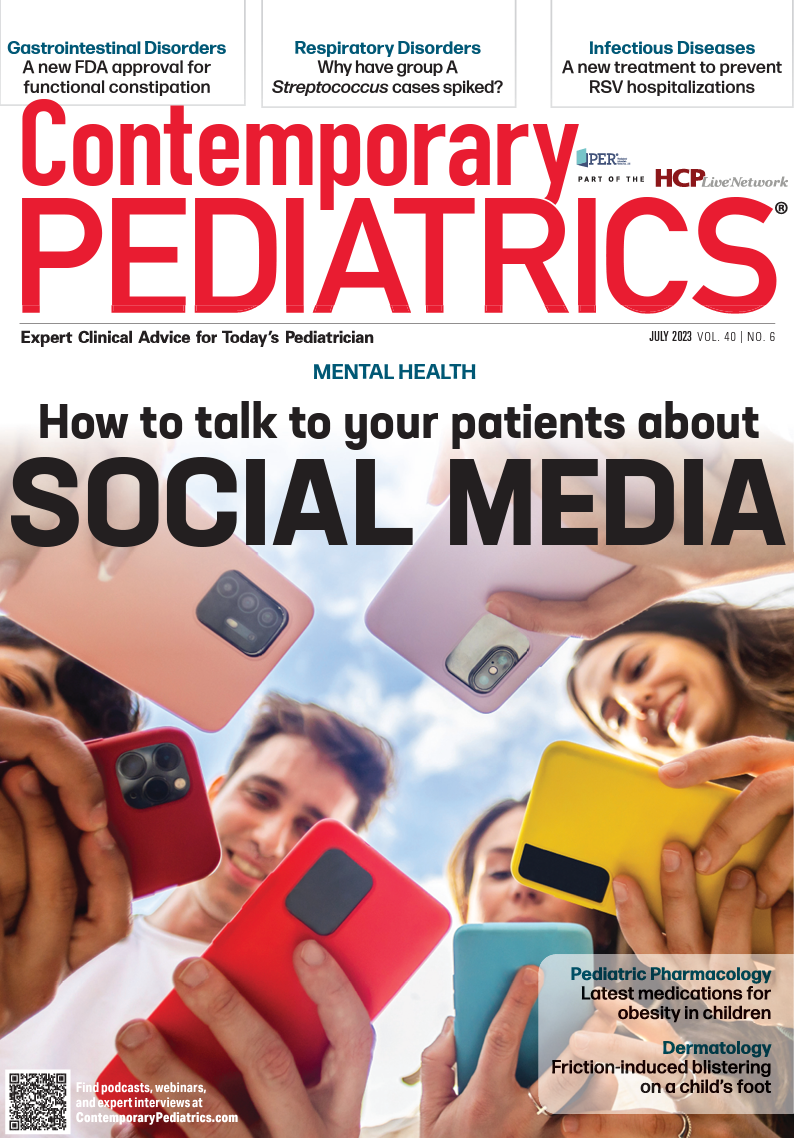Nirsevimab reduces RSV infant hospitalizations by 83% in phase 3b study
Nirsevimab’s efficacy against infant hospitalizations due to respiratory syncytial virus was reinforced after a phase 3b clinical trial, demonstrating an 83% reduction in infant hospitalizations.
Nirsevimab reduces RSV infant hospitalizations by 83% in phase 3b study
| Image Credit: © Julia - © Julia - stock.adobe.com.

Results from a phase 3b clinical trial demonstrated nirsevimab (Beyfortus; Sanofi and AstraZeneca) delivered an 83.21% reduction in hospitalizations due to respiratory syncytial virus (RSV)-related lower respiratory tract disease (LRTD) in infants under 12 months of age, according to a press release from Sanofi.1
The 83.21% reduction (95% CI 67.77-92.04 [P < 0.001]) in hospitalizations was seen in infants under 12 months who received a single dose of nirsevimab (who were not eligible to receive palivizumab) compared to infants who did not receive RSV intervention.1
RSV is the most common cause of LRTD and is a leading cause of hospitalizations in all infants, states Sanofi, and most RSV hospitalizations occur in healthy infants born at term. The manufacturer notes there were approximately 33 million cases of acute lower respiratory infections, which led to over 3 million hospitalizations, in 2019.1
Results of nirsevimab were demonstrated in the phase 3b Hospitalized RSV Monoclonal Antibody Prevention (HARMONIE) study, a large multi-country European interventional clinical trial, according to Sanofi. With data collected in a real-world setting during the 2022 to 2023 RSV season, the aim of the study was to determinethe efficacy and safety of a single intramuscular dose of nirsevimab. The trial (NCT05437510), which recruited over 8,000 infants, was conducted at nearly 250 sites from France, Germany, and the United Kingdom. Data were presented at the 41st annual meeting of the European Society for Paediatric Infectious Diseases (ESPID).1
“RSV-related chest infections lead to high numbers of infants under 12 months old being hospitalized every year,” said Simon Drysdale, co-chief investigator, HARMONIE study, consultant pediatrician in infectious diseases, St. George’s University Hospital NHS Foundation Trust. “These data reinforce the potential public health benefit of nirsevimab in terms of helping to reduce the strain on hospitals caused each year by RSV.”1
The trial also revealed that nirsevimab reduced the incidence of hospitalizations due to severe RSV-related LRTD by 75.1% (95% CI 32.75-92.91 [P < 0.001]. Severe RSV-related LRTD occurs in patients whose oxygen levels are under 90% and that require oxygen supplementation. Additionally, nirsevimab demonstrated a 58.04% reduction (95% CI 39.69-71.19 [P < 0.001]) in the incidence of all-cause LRTD hospitalization compared to infants who received no RSV intervention.1
Nirsevimab has been granted marketing authorization in the European Union, United Kingdom, and Canada for the prevention of RSV LRTD in newborns and infants from birth through their first RSV season. Nirsevimab is currently undergoing regulatory review in the United States.1 In January, 2022, the FDA accepted a Biologics License Application (BLA) for nirsevimab as a protection against RSV in newborns. According to a press release from Sanofi in January 2023, the Prescription Drug User Fee Act (PDUFA) date is in the third quarter of 2023.2
Update: Nirsevimab-alip FDA approved to prevent RSV in neonates, infatns.3
References:
1. Nirsevimab delivers 83% reduction in RSV infant hospitalizations in a real-world clinical trial setting. Sanofi. May 12, 2023. Accessed May 12, 2023. https://www.sanofi.com/en/media-room/press-releases/2023/2023-05-12-08-50-00-2667568
2. Press Release: FDA accepts nirsevimab application as first protective option against RSV disease for all infants. Sanofi - Aventis Groupe. January 5, 2023. Accessed May 12, 2023. https://www.globenewswire.com/news-release/2023/01/05/2583365/0/en/Press-Release-FDA-accepts-nirsevimab-application-as-first-protective-option-against-RSV-disease-for-all-infants.html
3. Nirsevimab-alip FDA approved to prevent RSV in neonates, infants. Contemporary Pediatrics. July 17, 2023. Accessed July 17, 2023. https://www.contemporarypediatrics.com/view/nirsevimab-alip-fda-approved-to-prevent-rsv-in-neonates-infants

The Role of the Healthcare Provider Community in Increasing Public Awareness of RSV in All Infants
April 2nd 2022Scott Kober sits down with Dr. Joseph Domachowske, Professor of Pediatrics, Professor of Microbiology and Immunology, and Director of the Global Maternal-Child and Pediatric Health Program at the SUNY Upstate Medical University.